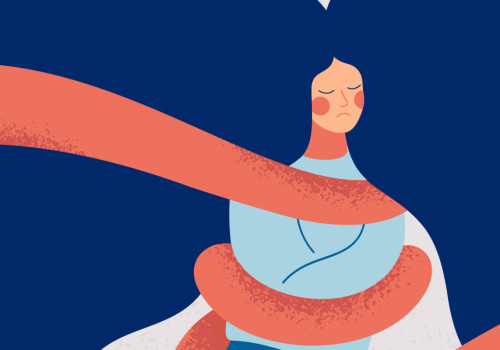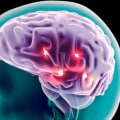Addiction is a complex and multifaceted issue that affects millions of people around the world. It can manifest in many forms, from drug abuse to compulsive behavior, and can have devastating consequences on an individual's physical, mental, and emotional health. Fortunately, there are a variety of treatment options available to those struggling with addiction, and understanding the different types of treatment can help individuals find the right path to recovery. In this article, we'll explore the causes of addiction, the symptoms of addiction, and the various types of addiction treatment available. At its core, addiction is a chronic brain disorder that is caused by a combination of genetic, environmental, and social influences.
It is characterized by an intense craving for a substance or behavior that leads to escalating use despite adverse consequences. The brain's reward system is responsible for this craving, as it releases dopamine when an individual engages in a pleasurable activity. This dopamine release creates a feeling of pleasure and reward that reinforces the behavior and leads to dependency and craving.
Causes of Addiction
The causes of addiction are complex and varied. Genetics play a role in an individual's susceptibility to addiction, as certain genetic markers can increase the risk of developing an addiction.Environmental factors such as poverty, trauma, physical or emotional abuse, or mental health issues such as depression or anxiety can also increase the risk of developing an addiction. Social influences such as peer pressure or access to drugs or alcohol can also contribute to the development of an addiction.
Symptoms of Addiction
The symptoms of addiction vary depending on the type of addiction. Common signs include intense cravings for the substance or behavior, escalating use despite adverse consequences, physical benefits such as increased body size or general health, increased amount or concentration of use over time, and financial problems due to excessive spending on drugs or alcohol.Treatment for Addiction
There are a variety of treatment options available for those struggling with addiction. The most common approach is the disease model, which views addiction as a chronic illness that requires professional treatment programs such as detoxification and supportive therapies.Other approaches include the moral model, which focuses on personal responsibility and abstinence; the harm reduction model, which seeks to reduce the negative consequences associated with drug use; and the reward system model, which focuses on understanding how drugs affect the brain's reward circuit. The most effective treatment plans are tailored to an individual's specific needs and take into account their family history, mental health status, environment, triggers, emotions, and other factors. Treatment typically includes medications to reduce cravings and withdrawal symptoms; counseling to address underlying issues; lifestyle changes such as exercise and healthy eating; support groups; and relapse prevention strategies.
Conclusion
Addiction is a complex issue that affects millions of people around the world. It is caused by a combination of genetic, environmental, and social influences and manifests in many forms from drug abuse to compulsive behavior. Fortunately, there are a variety of treatment options available for those struggling with addiction.Understanding the causes of addiction, symptoms of addiction, and types of treatment available can help individuals find the right path to recovery.






